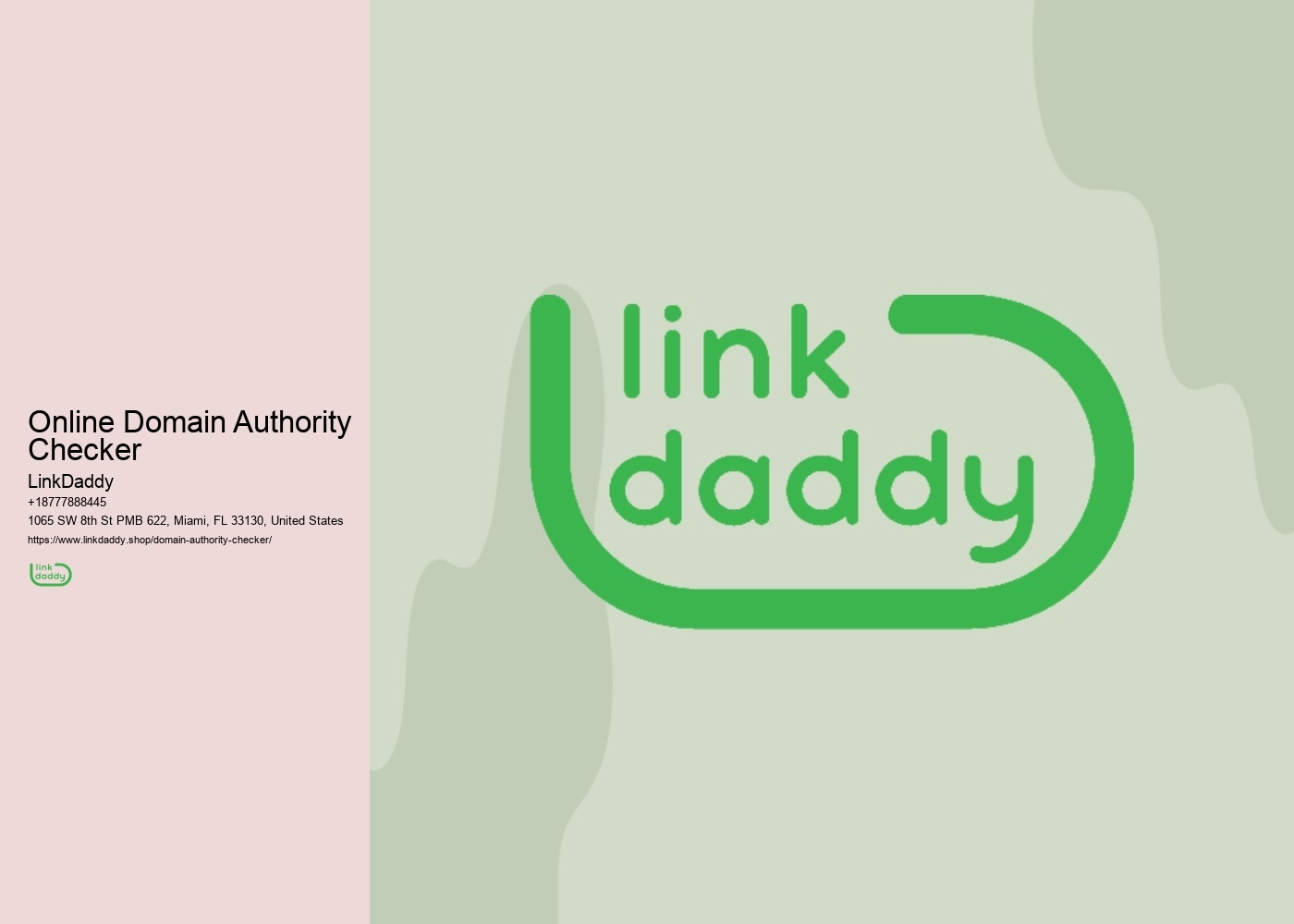Cloud Services Press Release: Most Current Updates and Insights
Cloud Services Press Release: Most Current Updates and Insights
Blog Article
Understanding the Various Types of Cloud Services and Their Usages
In today's electronic landscape, the realm of cloud computing offers a varied variety of services that accommodate the requirements of people and services alike. From Framework as a Service (IaaS) to Software as a Service (SaaS), each sort of cloud solution serves a distinct function and supplies distinct advantages. Comprehending the differences between these numerous cloud versions is critical for optimizing operations, boosting scalability, and ensuring cost-efficiency in an increasingly interconnected world. By exploring the nuanced performances and applications of each cloud service, one can navigate the intricacies of cloud computing with precision and foresight.
Infrastructure as a Service (IaaS)
Facilities as a Service (IaaS) supplies individuals with virtualized computing resources online on a pay-as-you-go basis. This cloud computing version provides necessary IT framework such as virtual makers, storage, and networking without the need for organizations to buy and handle physical servers and information facilities. With IaaS, customers can scale sources up or down based on their demands, using adaptability and cost-efficiency.
One of the vital advantages of IaaS is its ability to quickly arrangement and deploy facilities components, allowing services to react swiftly to changing needs and market conditions. By outsourcing infrastructure monitoring to the provider, organizations can concentrate much more on their core service activities instead than taking care of the intricacies of hardware upkeep and upgrades.
Moreover, IaaS uses a high level of dependability and safety and security, with companies commonly using durable information back-up, catastrophe healing, and cybersecurity procedures. This helps ensure that essential organization procedures remain continuous and information continues to be shielded against possible risks. linkdaddy cloud services. Generally, Facilities as a Solution enhances IT operations, enhances scalability, and minimizes funding expenses for businesses of all sizes
Platform as a Solution (PaaS)
Structure upon the structure of Facilities as a Solution (IaaS), System as a Service (PaaS) supplies a thorough setting for developers to develop, deploy, and handle applications without the intricacies of underlying facilities monitoring. PaaS offers a system with tools and services that enhance the development procedure, enabling programmers to concentrate on creating code and building applications rather than managing infrastructure issues.

Software Program as a Service (SaaS)
Software as a Service (SaaS) reinvents the way businesses gain access to and utilize software application applications by providing them on a subscription basis via cloud carriers. This cloud computer model removes the requirement for companies to maintain and mount software on individual tools, as whatever is hosted and taken care of centrally in the cloud.
SaaS supplies a cost-effective service for businesses as they only pay for the software program they use without the included expenditures of hardware maintenance or software updates. It likewise provides scalability, permitting companies to easily change their software needs based upon their demands.
In addition, SaaS applications can be accessed from any tool with a see this site net connection, promoting partnership and adaptability amongst remote teams. Protection is a top priority in SaaS, with suppliers carrying out durable measures to shield data stored in the cloud.
Popular instances of SaaS include client connection monitoring (CRM) software program like Salesforce, efficiency devices like Microsoft Workplace 365, and collaboration platforms like Google Workspace. SaaS remains to acquire grip in the service world due to its scalability, comfort, and cost-efficiency.
Function as a Solution (FaaS)
With the development of cloud services like Software application as a Solution (SaaS) streamlining software shipment, Feature as a Solution (FaaS) stands for a standard shift in how code is executed in a serverless atmosphere. FaaS allows developers to write and perform individual features or items of code in action to certain events without the requirement to handle the framework. This serverless computer model allows programmers to focus solely on creating code to implement specific functionalities, without concerning themselves with the underlying framework or server administration.
Among the crucial benefits of FaaS is its capacity to scale automatically based on the inbound work. Functions are performed in stateless containers that are rotated backwards and forwards as required, ensuring optimal source utilization and cost-effectiveness. FaaS is particularly useful for event-driven and microservices designs, where code execution is triggered by occasions such as HTTP requests or database updates. By extracting the infrastructure layer, FaaS streamlines growth, speeds up time to market, and improves overall dexterity in deploying cloud-native applications.
Storage as a Service (STaaS)
An essential element in cloud computer, Storage space as a Service (STaaS) gives individuals with a scalable and effective service for taking care of information storage space demands. STaaS permits companies to store and get data from remote web servers via the net, getting rid of the requirement for on-premises hardware. This solution supplies versatility by making it possible for individuals to pay only for the storage space they utilize, making it an economical service for companies of all dimensions.

STaaS is especially valuable for businesses with fluctuating storage demands, as it gives a safe and secure and reputable storage space service without the requirement for significant ahead of time investments. By leveraging STaaS, companies can enhance their information management processes, boost access, and enhance data protection in a cost-effective way.

Verdict
In conclusion, understanding the different types of cloud solutions and their uses is vital for people and organizations looking to view utilize the benefits of cloud computing. By making use of the appropriate cloud service, organizations can boost their effectiveness, scalability, and flexibility in managing their IT framework and applications.
From Framework as a Solution (IaaS) to Software Program as a Service (SaaS), each kind of cloud solution offers a special purpose and gives distinct benefits. linkdaddy cloud services. By checking out the nuanced functionalities and applications of each cloud service, one can browse the complexities of cloud computing with accuracy and foresight
With the advancement of cloud services like Software program as a Solution (SaaS) streamlining software program delivery, Function as a Service (FaaS) represents a standard shift in how code is performed in a serverless atmosphere.In final thought, recognizing the various types of cloud solutions and their usages is vital for businesses and individuals looking to take advantage of the benefits of cloud computer. By making use of the appropriate cloud solution, companies can boost their efficiency, scalability, and adaptability in managing their IT facilities and applications.
Report this page